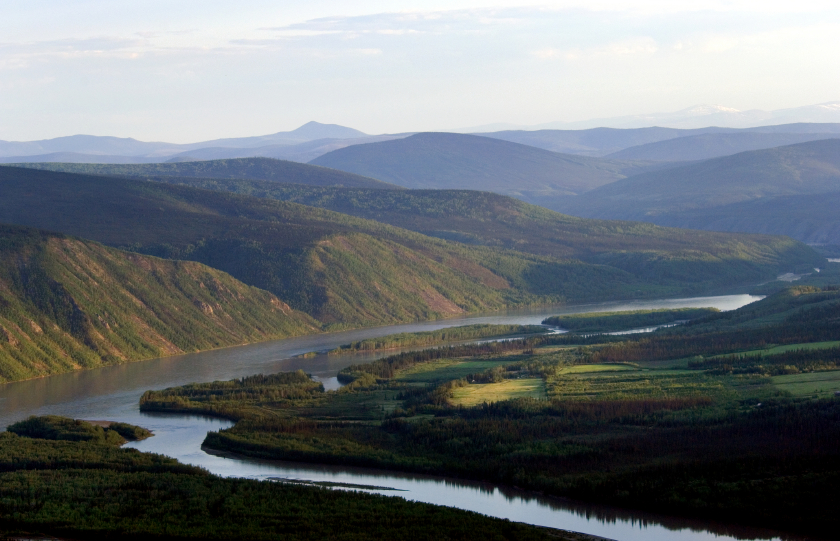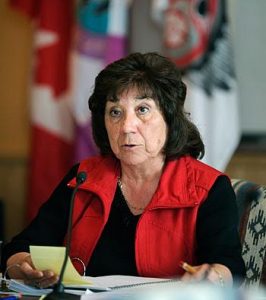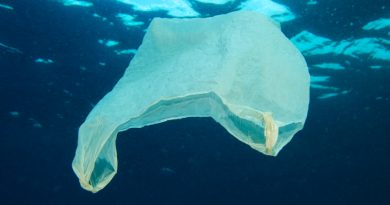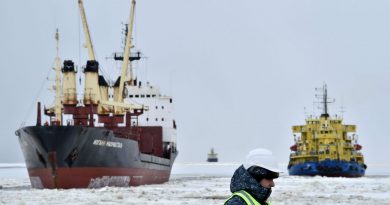COP21: View from Yukon, Canada

In the run up to the United Nations climate change conference in Paris (November 30- December 11), Eye on the Arctic spoke to different leaders from across Canada’s North.
In this interview series we explore how climate change is affecting Canada’s northern regions and whether international conferences like COP21 can actually make a difference in the day-to-day lives of northern Peoples.

First up, we focus on Yukon, Canada’s north-westernmost territory.
International studies, including ones like the 2014 Arctic Report Card update, find that the Arctic is warming more than twice as fast as other regions. For northern communities, this is having an impact on everything from infrastructure to changes in traditional hunting patterns.
Climate & culture
But something that doesn’t get alot of attention, is the social and cultural impacts these changes are having on the North’s indigenous communities.
“We’re finding that more of our people are not going out onto their lands and practising their lifestyles like hunting and trapping and fishing,” says Ruth Massie, the Grand Chief of the Council of Yukon First Nations. “And of course, that effects the younger generation because you don’t have the opportunity to teach them your traditional lifestyle first-hand.”
This is just one of the messages that Massie hopes to bring to the climate change conference, also known as COP21, when she travels to Paris with the Canadian delegation at the end of the month.
Write to Eilís Quinn at eilis.quinn(at)cbc.ca
Related stories from around the North:
Canada: Feature Interview -The politics of climate, Eye on the Arctic
Finland: Climate change brings new insect arrivals to Finland, Yle News
Norway: The new face of climate change?, Alaska Dispatch News
Sweden: Final round of UN climate talks before Paris, Radio Sweden
United States: Climate change leads snowshoe hares to Arctic Alaska, Alaska Dispatch News



